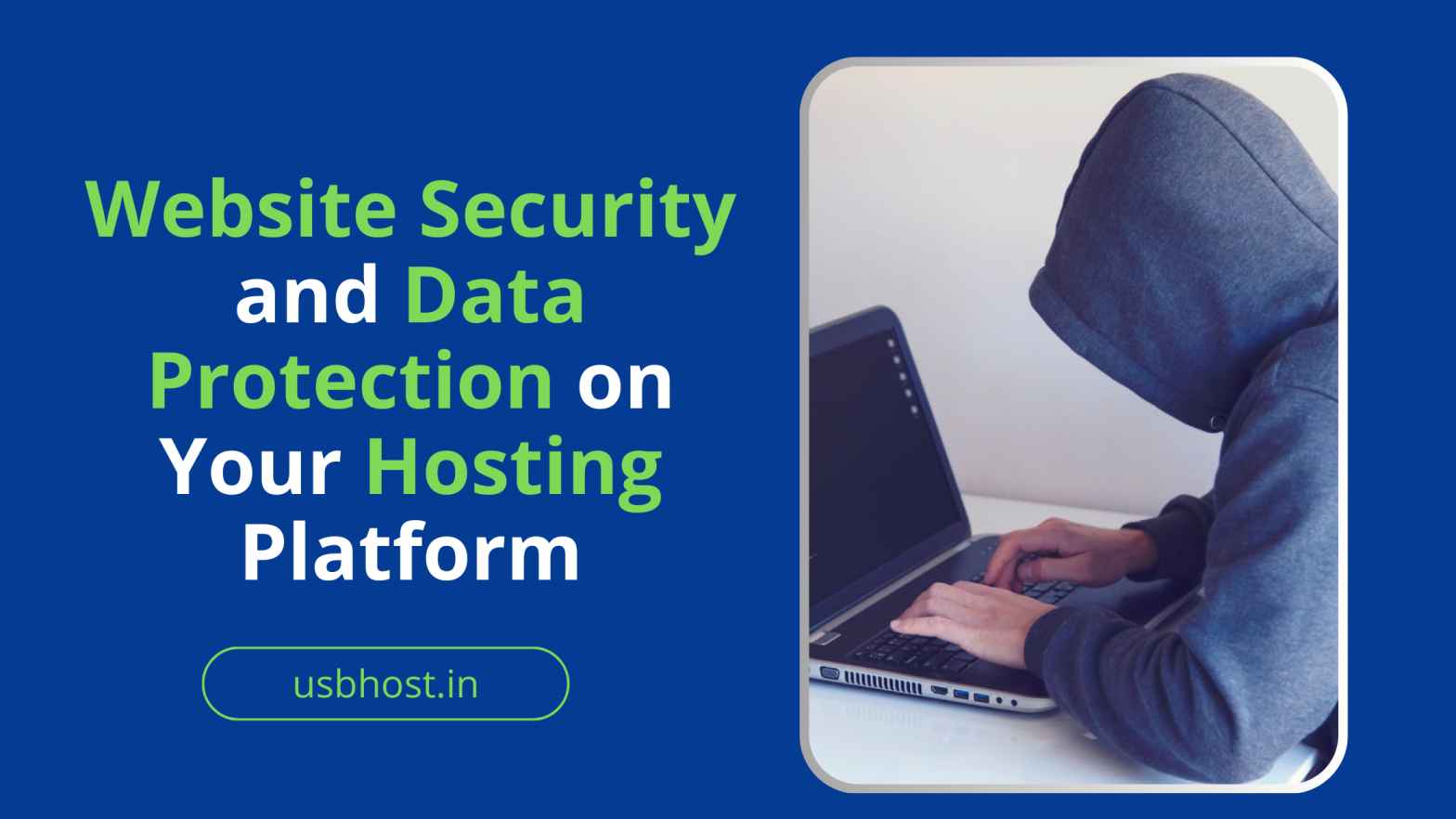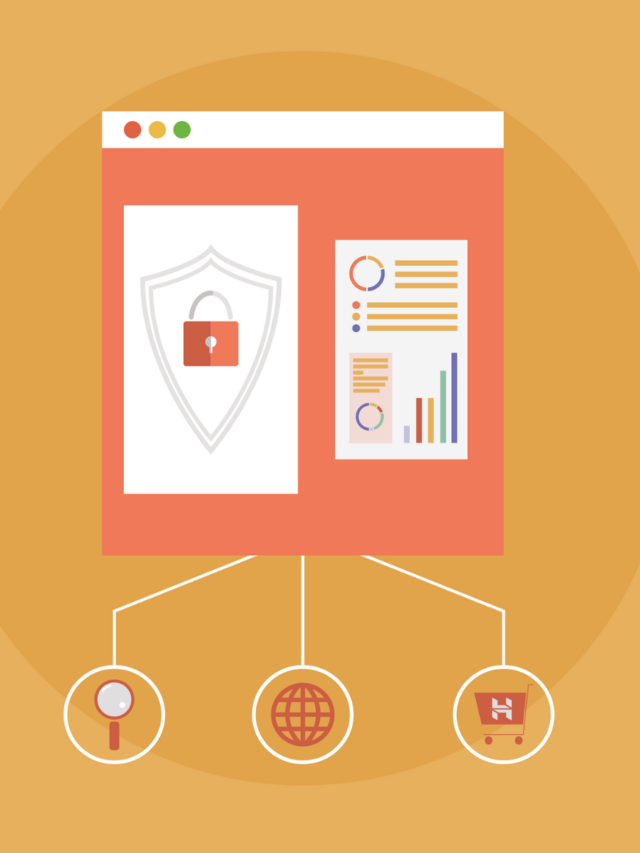Ensure strong Website Security and Data Protection on Your Hosting Platform. Protect your online presence and sensitive information effectively. Discover our comprehensive solutions today!

In an ever-evolving digital landscape, where websites serve as storefronts, community hubs, and platforms for expression, ensuring strong security and data protection measures is paramount. From small blogs to e-commerce giants, every website is a potential target of cyber threats.
Therefore, understanding and implementing best practices for website security on your hosting platform is advisable and necessary. Let’s delve into digital defense and explore key strategies for securing your online presence.
1. Choose a reliable hosting provider
Your website security journey starts with selecting a trustworthy hosting provider. Choose providers with a proven track record of reliability, strong infrastructure, and proactive security measures. Look for features like SSL certificate, firewall, regular backups, and 24/7 monitoring.
2. Keep software updated
Regularly update your website software, including the content management system (CMS), plugins, themes, and any other applications. Software updates often include patches for known vulnerabilities, closing potential entry points for cyber attackers. Set up automatic updates whenever possible to ensure timely security
3. Enforce Strong Password Practices
Weak passwords are an open invitation to hackers. Enforce password policies that require a combination of uppercase and lowercase letters, numbers, and special characters. Encourage users to use unique passwords for their accounts and consider implementing multi-factor authentication (MFA) for an added layer of security.
4. Use a Secure Sockets Layer (SSL) certificate
SSL certificates encrypt the data transmitted between your website and its visitors, keeping sensitive information like login credentials, payment details and personal data safe. Make sure that an SSL certificate is installed and correctly configured on your website to establish a secure connection.
5. Back up your data regularly
Backups serve as a safety net in case of data loss, corruption or security breaches. Schedule regular backups of your website files and databases, and store them securely on a remote server or cloud storage platform. Test your backups periodically to make sure they are intact and accessible when needed.
6. Deploy a Web Application Firewall (WAF)
A web application firewall (WAF) acts as a shield between your website and potential threats, filtering malicious traffic and preventing unauthorized access. Implement WAF to monitor incoming traffic, detect suspicious behavior, and block malicious requests in real-time.
7. Perform regular security audits
Be proactive in identifying and addressing security vulnerabilities by performing regular security audits and assessments. Scan your website for malware, conduct penetration testing, and audit server configurations to identify potential vulnerabilities. Resolve any issues immediately to strengthen your security
8. Educate yourself and your team
Invest in cybersecurity awareness training for yourself and your team members. Educate everyone involved in website management about common security threats, phishing scams, and best practices for safe online behavior.
9. Monitor website activity
Monitor your website activity and performance closely for signs of any suspicious behavior or unusual patterns. Set alerts for unauthorized access attempts, unexpected file modifications or other security anomalies. Early detection can reduce potential damage.
10. Stay informed and adapt
The digital threat landscape is dynamic, with new vulnerabilities and attack actors emerging regularly. Stay informed about the latest cyber security trends, threats and best practices. Adapt your security measures accordingly to stay one step ahead of potential attackers.
Ultimately, protecting your website and sensitive data requires a proactive and multi-layered approach. By following these best practices and staying vigilant, you can build a strong defense against cyber threats and ensure the integrity and privacy of your digital fortress. Remember, prevention is always better than cure in the field of cyber security.
For more information on emerging technologies and their implications, visit usbhost.in, your premier destination for web hosting solutions tailored for the modern age.
“Start Hosting Today!” – Encourages visitors to take immediate action and sign up for hosting services.
Follow for more updates (click here)






